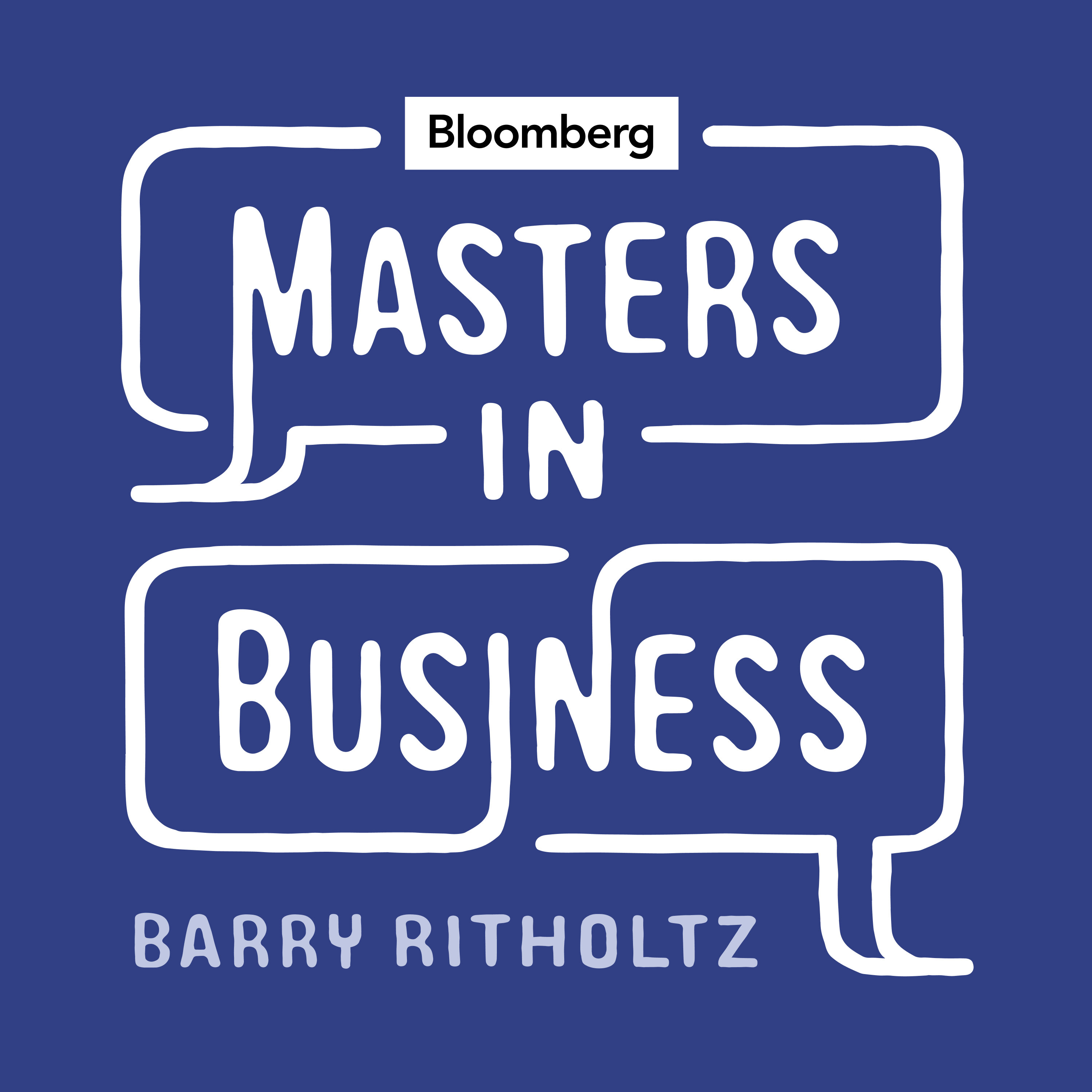
From Technology in Focus to Finance with Tony Kim

Masters in Business
Deep Dive
What key industries did Tony Kim work on during his time at Rockwell Automation?
Tony Kim worked on automating manufacturing processes across various industries, including pharmaceuticals, automotive, and distribution networks. He focused on PLCs (Programmable Logic Controllers), drive systems, motor control, and robotics.
Why did Tony Kim transition from engineering to finance?
Tony Kim transitioned from engineering to finance because he wanted a more strategic role. While he initially considered consulting, he was drawn to investment banking due to the combination of his technical expertise and the emerging tech industry in the 1990s.
What was Tony Kim's experience like during the tech boom of the late 1990s?
During the late 1990s tech boom, Tony Kim worked on significant transactions in networking, telecom, and software. He was involved in deals during the optical communications boom and the rise of internet assets, including the Netscape IPO.
How does Tony Kim describe the difference between M&A and investing?
In M&A, the focus is on detailed, short-term projects for clients, requiring precision and accuracy. In investing, the analysis is broader, with persistence in studying sectors and companies over time, and the investor puts their own capital at risk.
What is Tony Kim's view on the future of active management in the ETF space?
Tony Kim believes the future of active management lies in specialized, thematic, and sector-based ETFs. He argues that generalists are at a disadvantage compared to those with deep domain knowledge, especially in rapidly changing industries like technology.
Why does Tony Kim believe the technology sector of the S&P 500 will continue to grow?
Tony Kim believes the technology sector will grow because tech companies represent the highest growth, highest profit margins, and generate the most free cash flow. He also sees AI as a major driver of future growth in the sector.
What is Tony Kim's approach to identifying future growth technologies?
Tony Kim uses a deconstructionist approach, breaking down sectors and industries into detailed maps. He identifies trends and hot spots within these maps, allowing him to systematically analyze and invest in emerging technologies.
What is the significance of Tony Kim's annual Silicon Valley bus tour?
Tony Kim's annual Silicon Valley bus tour involves meeting with senior management of 25-30 public and private tech companies. It provides strategic insights, strengthens relationships within BlackRock, and serves as a barometer for key industry topics, such as AI in recent years.
What is Tony Kim's investment strategy for technology companies?
Tony Kim follows a power law strategy, focusing on investing in the top one or two companies in each category. He believes in betting on companies with multiple acts (e.g., Microsoft with Windows and Azure) and staying adaptable in rapidly changing industries like AI.
What advice does Tony Kim give to recent college graduates interested in technology investing?
Tony Kim advises recent graduates to focus on being great thinkers rather than just finance experts. He emphasizes the importance of flexibility, reasoning, and planning holistically, as AI will handle many specific tasks in the future.
- Tony Kim's background in industrial engineering and MBA from Columbia.
- Transition from engineering to investment banking in the mid-90s.
- Shift from transactional M&A to the investment side.
- Differences between M&A and investing: depth of analysis, time commitment, and risk management.
Shownotes Transcript
Barry Ritholtz speaks with Tony Kim, Managing Director and Head of the Fundamental Equities’ Global Technology Team at BlackRock. Prior to joining BlackRock in 2013, Tony held key roles at institutions like Artisan Partners, Neuberger Berman, and Merrill Lynch. He is also a member of the Advisory Board for Columbia Business School’s Digital Future Initiative. On this episode, Barry and Tony discuss the success of passive investing at BlackRock, the general tech investing landscape, and what it takes to build a career that combines a passion for technology with finance.
See omnystudio.com/listener) for privacy information.